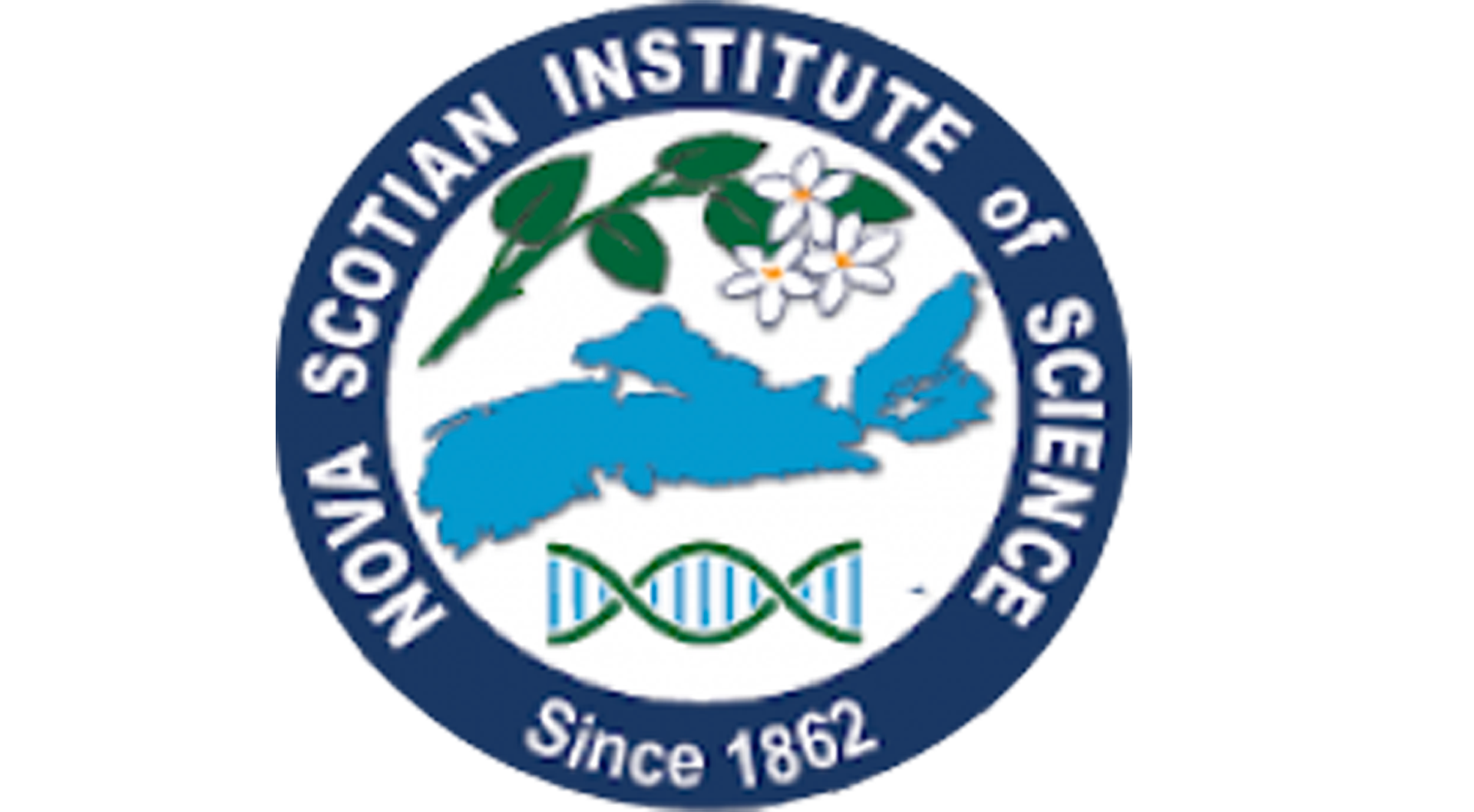The Nova Scotian Institute of Science proudly presents the first lecture of the 2018-2019 Public Lecture season on:
Monday, 1 October
Time: 7:30 PM
Location: Nova Scotia Museum of Natural HistorySpeaker: Jeff Hutchings
Professor and Killam Chair in Fish, Fisheries and Oceans, Department of Biology, Dalhousie UniversityTitle: Distinction between Advice and Advocacy in Science
Scientists are frequently called upon to impart knowledge within their expertise. This knowledge is increasingly communicated as advice or advocacy. Ideally, advice is impartial and independent from vested interests. Advice reflects peer-reviewed scientific consensus and uncertainty, contributing to objective evaluations of policy or decision-making options. Advocacy reflects personal values and interests. Advocates selectively frame information with the intent of favouring one policy or decision-making outcome over another. Do decision-makers and society benefit equally from science advice and science-based advocacy?
Monday, 5 November
Time: 7:30 PM
Location: Halifax Convention Centre – room C3, Convention Hall LevelSpeaker: Dr. Shelley Adamo
Professor Department of Psychology & Neuroscience Dalhousie UniversityTitle: Zombies in the Natural World: How a Parasitic Wasp Hijacks the Brain of its Caterpillar Host
Some parasites can control their hosts behaviour. This take-over is best understood in insects (the real zombies).
In these systems, parasites typically exploit communication links between the body and brain to produce behaviour favourable to the parasite.
Monday, 3 December
Time: 7:30 PM
Location: Nova Scotia Museum of Natural HistorySpeaker: Bruce Ewert
Owner & Winemaker, L’Acadie VineyardsTitle: Organic & Natural Wines and the Role of Science
Winemaking style can vary from the technologist to the shepherd. You might think shepherd winemakers making organic and natural wine are laissez faire, but their hands-off approach is steeped in science knowledge. Experienced and award-winning winemaker Bruce Ewert has been making wines in Nova Scotia and beyond for 30 years and will share his philosophies and organic practices to coax the best favours from grapes grown in our region.
Monday, 7 January
Time: 7:30 PM
Location: Nova Scotia Museum of Natural HistorySpeaker: Dr. Noni MacDonald
Professor, Department of Pediatrics, Dalhousie UniversityTitle: MicroResearch in the NS Context: How Approaches Used Successfully in East Africa may Address Health Issues in NS
A micro research program in Africa (www.microresearch.ca) is now being rolled out across Nova Scotia, working with teams of interdisciplinary health professionals and community members to fnd solutions for health problems that ft the context, culture and resources.
Monday, 4 February [Canceled]
Time: Canceled
Location: Nova Scotia Museum of Natural HistorySpeaker: Zoe Lucas
President, Sable Island InstituteTitle: Sable Island: A Monitoring Platform for Marine Pollutants
Sable Island’s unique location provides the opportunity to study trends in marine pollutants, particularly oil and plastics. The beached/oiled seabird survey program is now in its 26th year. A recent study of beached bird corpses found that >90% of fulmars had ingested plastics. With ever-increasing concern about plastics in the ocean, monitoring data from the island advances our understanding of the sources and impacts of these global pollutants. Past and future work will be reviewed.
Rescheduled – Monday, 18 March
Time: 7:30 PM
Location: Nova Scotia Museum of Natural HistorySpeaker: Ross Firth
Director of Conservation, Nova Scotia Nature TrustTitle: 100 Wild Islands on the Eastern Shore of Nova Scotia
Off Nova Scotia’s Atlantic shores lies a hidden treasure – a remote and wild group of coastal islands and headlands encompassing 7,000+ acres of diverse and ecologically rich coastal habitats. The islands support an interconnected mosaic of every coastal habitat found in Nova Scotia, and their boreal rainforests, wetlands, bogs and barrens have gone largely undisturbed by humans for 10,000+ years, providing refuge for a rich diversity of wildlife. Join Nature Trust to learn about this contribution to Nova Scotia’s protected areas network.
Monday, 1 April [Rescheduled – TBA]
Time: 7:30 PM
Location: Nova Scotia Museum of Natural HistorySpeaker: Shelley Denny
Director, Aquatic Research & Stewardship, Unama’ki Institute of Natural ResourcesTitle: Unama’ki Institute of Natural Resources: Science & 2-Eyed Seeing to Address Aquatic Issues in Cape Breton
From enhancing the Bras d’Or Lakes with artificial lobster habitat to developing a management plan for Mi’kmaq traditional use of lobster, and using traditional Mi’kmaq knowledge and scientific approaches in studying eels, Shelley Denny supports UINR in the use of science and two-eyed seeing to address marine and aquatic issues in the Bras d’Or Lakes. Her current work focuses on the integration of western and traditional knowledge systems to take a holistic approach to management of this important ecosystem.
Monday, 6 May
Time: 7:30 PM
Location: Great Hall of Dalhousie University Club – 6259 Alumni crescent, Halifax, Nova ScotiaSpeaker: Dr. Bruce Hatcher
Director, Bras d’Or Institute, Chair in Marine Ecosystem Research, Cape Breton UniversityTitle: Ecosystem Research in the Bras d’Or Lakes
The application of ecosystem understandings to the aquatic realm is challenged by the opacity and fluidity of marine environments. Ecological tools en-abled improvements in marine ecosystems, while research has improved the capacity to characterize the degree of ecological integrity and dynamics of physical-chemical-biological interactions. Dr. Hatcher summarizes these advances and draws on first-hand experiences in the Bras d’Or biosphere to consider marine ecosystem outcomes for better management of human behaviour in the oceans during the anthropogenic climate change.
